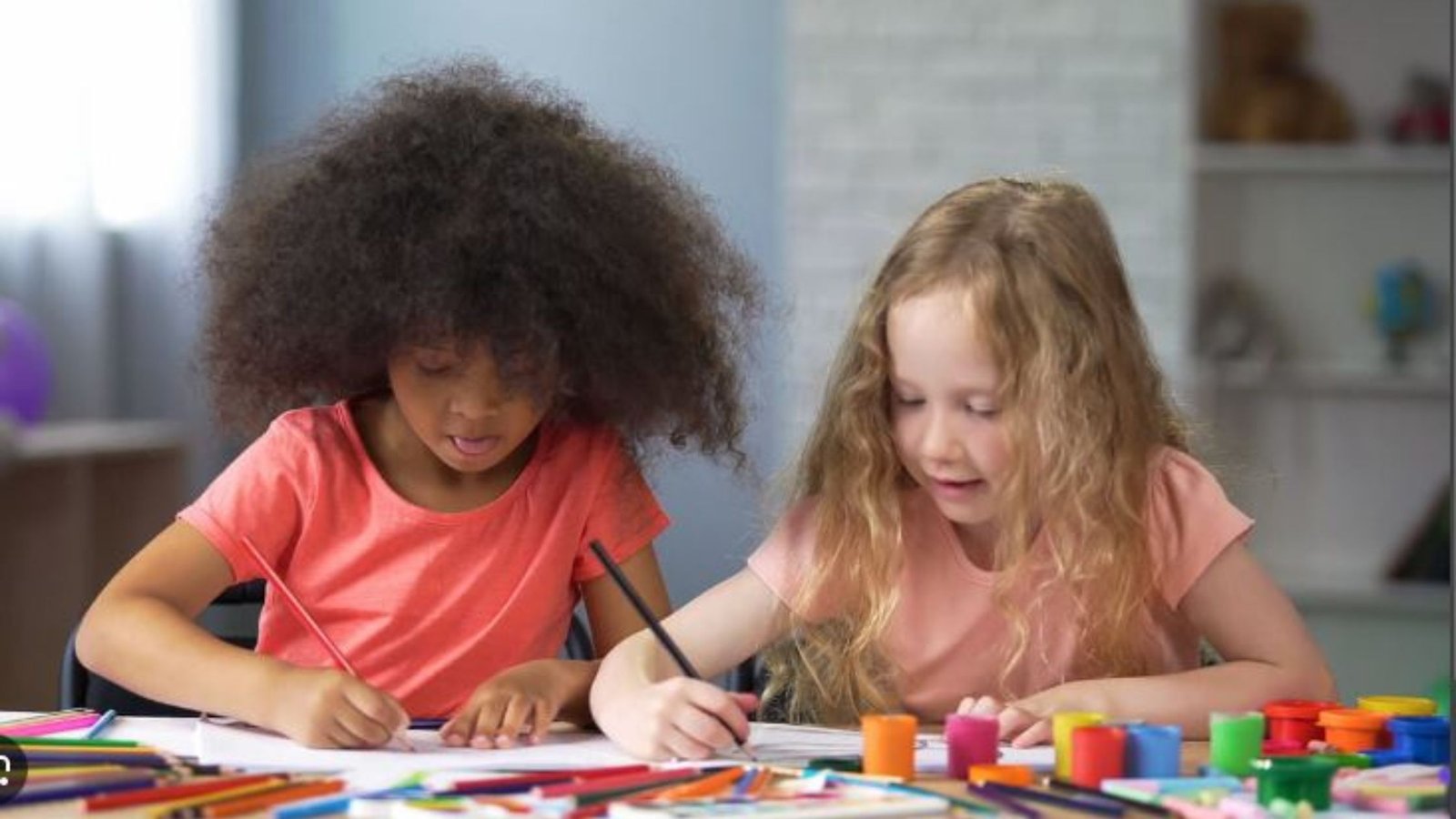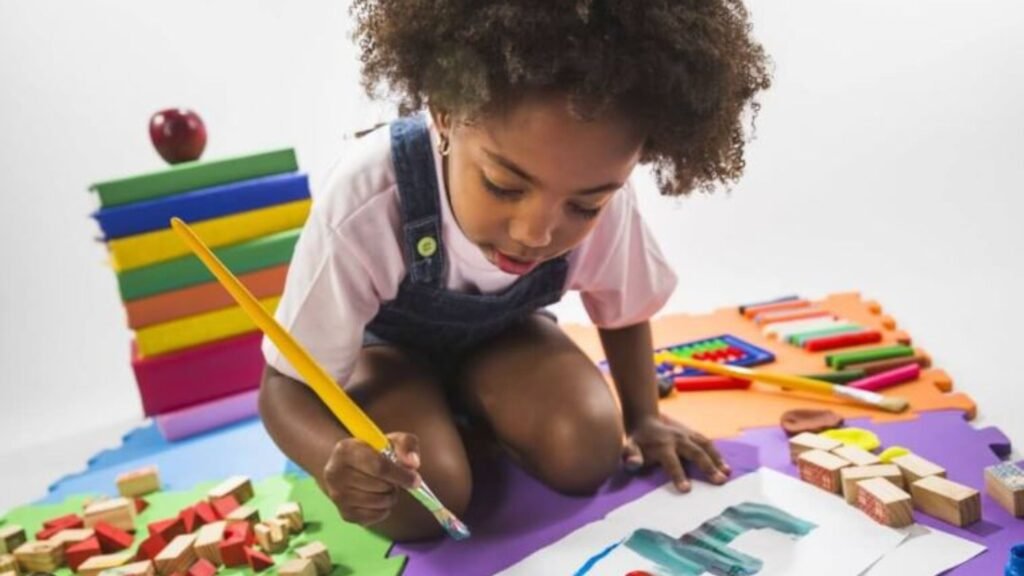Early childhood education plays a crucial role in shaping a child’s future. It provides the foundation for social, emotional, and cognitive development that helps children succeed in school and beyond. By offering structured learning environments, early education fosters curiosity, creativity, and problem-solving skills that benefit children throughout their lives. Whether in preschool, daycare, or early learning programs, children who engage in early education tend to develop better learning habits and stronger social skills.

1. Building Cognitive and Academic Foundations
Early education lays the groundwork for future academic success. In these early years, children experience rapid brain development, making it the ideal time to introduce basic concepts such as numbers, letters, and shapes. Early education programs often use play-based learning to teach foundational skills, encouraging children to explore and discover through hands-on activities. This approach not only makes learning enjoyable but also stimulates cognitive development.
Children who participate in early education programs tend to perform better in later academic years. Studies have shown that early exposure to reading, math, and problem-solving prepares children for the challenges of formal schooling. Moreover, early education fosters a love for learning, setting the stage for academic curiosity and a lifelong passion for knowledge.
2. Enhancing Social and Emotional Development
Early childhood education also plays a key role in a child’s social and emotional development. During this time, children learn how to interact with peers, share, take turns, and resolve conflicts. These experiences help them develop important social skills, such as empathy, communication, and cooperation. Children who attend early education programs are more likely to build positive relationships with others and adapt well to group settings.
Emotionally, early education provides a safe and nurturing environment where children learn to manage their feelings. They develop self-regulation skills, which are critical for managing stress, frustration, and other emotions they may encounter later in life. Teachers in early education programs guide children through these processes, helping them build emotional resilience and self-confidence.
3. Encouraging Physical Development and Motor Skills
Physical development is another important aspect of early childhood education. Children engage in activities that enhance both fine and gross motor skills, such as cutting with scissors, drawing, running, and climbing. These activities help children improve coordination and strength, which are essential for their overall development.
Outdoor play, an essential part of early education, also encourages physical activity and healthy habits. When children are physically active, they are not only developing motor skills but also learning to appreciate the importance of exercise. By fostering physical development at an early age, education programs help promote a healthy lifestyle that can continue into adulthood.
4. Cultivating Independence and Problem-Solving Skills
One of the greatest benefits of early childhood education is how it promotes independence and problem-solving skills. Children learn how to complete tasks on their own, such as dressing, cleaning up after activities, and making decisions. These opportunities allow them to gain confidence in their abilities, which fosters a sense of independence.
Problem-solving is a critical skill developed in early education programs. Through activities such as puzzles, group tasks, and creative play, children are encouraged to think critically and explore different ways to approach challenges. Developing these problem-solving skills early helps children become more resourceful and adaptable in future learning situations.
Conclusion
In conclusion, early childhood education provides children with the foundation they need for lifelong success. By focusing on cognitive, social, emotional, and physical development, these programs help children build the skills necessary to excel in school and beyond. Children who participate in early education develop better social interactions, stronger emotional regulation, and a greater love for learning. Investing in early childhood education is one of the most effective ways to ensure that children reach their full potential, laying the groundwork for a brighter future.

